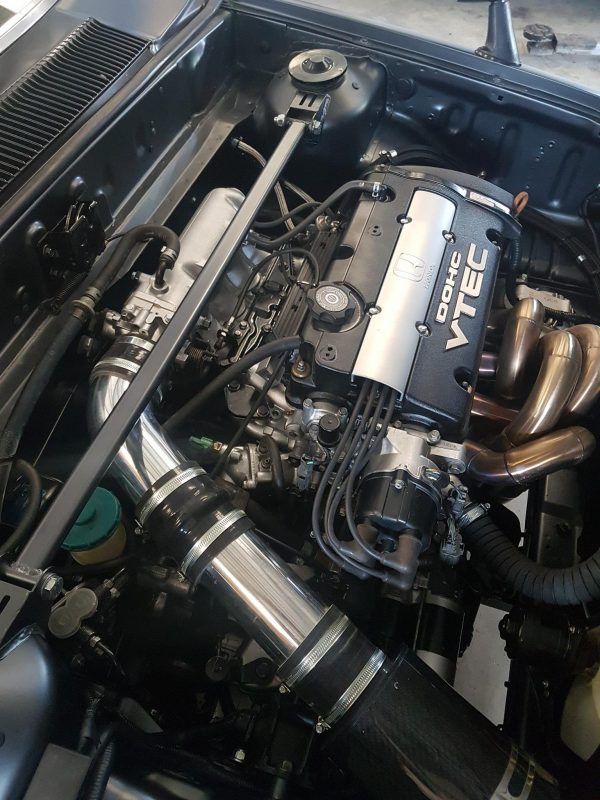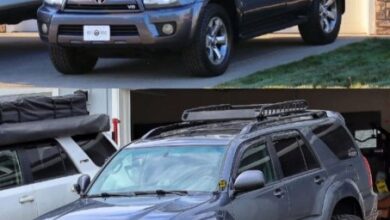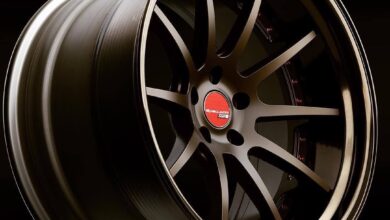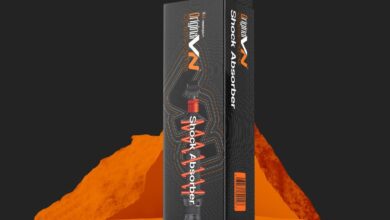
The Honda H22A engine, a legendary 2.2-liter inline-four powerplant from the fourth- and fifth-generation Prelude models (1992–2001), has long been a favorite among JDM enthusiasts and racers. Producing around 190–220 horsepower in stock form, the H22A’s DOHC VTEC design offers a perfect balance of reliability, rev-happy character, and tunability. Whether you’re drag racing, autocrossing, or hitting the track, upgrading with high-performance racing parts can transform this engine into a 300+ hp beast. We’ll explore the must-have racing components for the H22A, focusing on modifications that boost power, efficiency, and durability.
Honda H22A Racing Parts
Starting with the intake system, a cold air intake (CAI) from brands like AEM or Injen is a foundational mod. Stock airboxes restrict airflow, choking the engine at high RPMs. A quality CAI draws cooler, denser air, potentially adding 5–10 hp alone while improving throttle response. Pair it with a high-flow throttle body—upgraded to 68mm or larger from Skunk2—for seamless integration. For serious racers, velocity stacks and ram-air setups further optimize volumetric efficiency, ensuring the VTEC kicks in with ferocious mid-range torque.
Exhaust Upgrades
Exhaust upgrades are non-negotiable for unleashing the H22A’s potential. The factory cat-back system is restrictive, so swap it for a full 2.5–3-inch stainless steel exhaust from HKS or Tomei. These reduce backpressure, boosting top-end power by 15–20 hp and delivering that signature raspy growl. Don’t forget headers: Long-tube designs like those from DC Sports scavenge exhaust gases more efficiently, enhancing cylinder filling. A high-flow catalytic converter or straight-pipe setup (track-only, of course) can push gains further, but always comply with emissions regs for street use.
Under the hood, valvetrain enhancements are crucial for sustained high-RPM abuse. Crower or Brian Crower camshafts with aggressive profiles (e.g., 272-degree duration) allow revs up to 8,500 RPM, maximizing VTEC’s overlap for better breathing. Reinforced valve springs and titanium retainers prevent float, while adjustable cam gears fine-tune timing for peak power curves. For bottom-end strength, forged pistons and rods from Wiseco or Eagle are essential if you’re pushing beyond 250 hp. The H22A’s stock internals handle mild tunes well, but racing demands CP pistons with low compression ratios (8.5:1) to accommodate forced induction.
Forced induction takes the H22A to another level. Turbo kits from Garrett or Precision (e.g., GT28 or T3/T4 hybrids) with intercoolers can yield 300–400 hp on pump gas, complete with wastegates, blow-off valves, and fuel management. Supercharger options like the Jackson Racing centrifugal kit offer linear power delivery, ideal for circuit racing. Regardless of choice, pair it with a standalone ECU like Hondata S300 for precise tuning—adjusting fuel maps, ignition timing, and boost control to avoid detonation.
Beyond the engine, racing parts extend to drivetrain and chassis. A limited-slip differential (LSD) from Quaife or Kaaz improves traction out of corners, while lightweight flywheels and performance clutches from Clutchmasters handle the extra torque. Upgraded fuel systems—injectors from DeatschWerks (550cc+) and Walbro pumps—ensure consistent delivery under boost.
Investing in H22A racing parts isn’t just about raw power; it’s about building a cohesive, reliable setup. Costs range from $500 for basic bolt-ons to $10,000+ for full builds, but the payoff is immense on the dyno or track. With proper tuning and maintenance, your H22A can dominate while staying true to Honda’s engineering ethos. Whether you’re a weekend warrior or pro racer, these mods keep the legend alive—revving high and turning heads.




